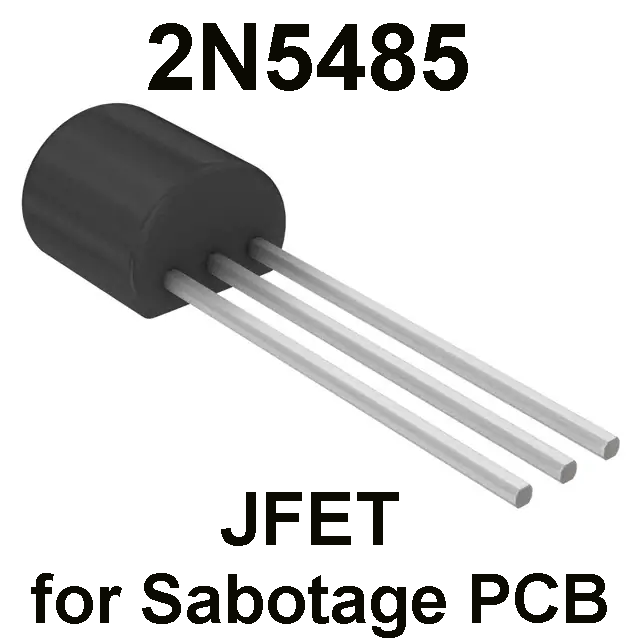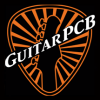I'm building the muffler pedal and Q3 requires a 2N5485 transistor. These have become extremely difficult to source (UK) and I don't want to risk spending a bunch on ebay for something which could be fake. I've had a search around a few sites and there's been a few people asking for suitable alternatives to the 2N5485 (MMBF4393, NTE451, PN4393) but I haven't seen anything definitive. The few alternatives I have seen mentioned are generally just as rare/expensive these days too.
Are there any readily available replacements I can use instead?
Are there any readily available replacements I can use instead?



